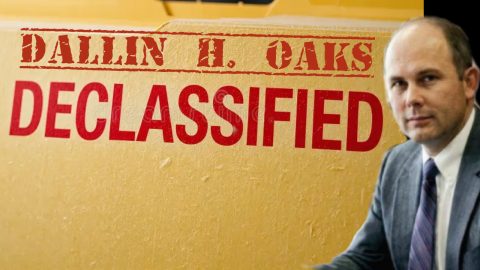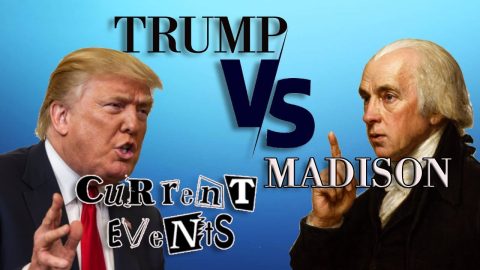As we step into this week and prepare to commemorate July 4th, we would do well to pause the fireworks and festivities long enough to remember what this date actually demands of us. Not in the shallow, commercial sense, but in the revolutionary one. Because if we’re honest, Independence Day has been diluted into sentimental pageantry, detached from the raw courage and principled resistance that birthed it. That’s what we must reclaim—not just the history, but the mindset.
🧠 The Real Revolution Happened First in the Mind
As John Adams aptly pointed out in correspondence with Thomas Jefferson and others, the Revolution wasn’t the war. The war was merely the consequence. The Revolution began in the minds of men, sparked years before a single shot was fired at Lexington. It took place through pamphlets, newspapers, letters to the editor, and sermons. These were not idle words—they were tools that informed and emboldened the public to resist illegitimate authority. Understanding came before action, because action without understanding leads to chaos, not liberty.
📜 From Pamphlets to Proclamations: Tools of Transformation
Samuel Adams, writing under pen names, understood the power of anonymity in dangerous times—not for cowardice, but for strategy. His writings defended natural rights and warned against the flattering tongues of tyrants. Likewise, pastors like Andrew Eliot proclaimed submission to tyranny as not just a misstep, but a crime against God, neighbor, and society. These were bold voices, not echo chambers.
Revolutionaries laid the groundwork deliberately, shifting hearts and minds before rallying them to action. They didn’t wake up one day and say “these taxes are lame—let’s build a country.” They cultivated conviction over time, using speech, print, and organizing against specific acts of injustice. They weren’t reactionaries; they were architects.
🕵️♂️ Conspiracies vs. Coincidences
The founders were not naive. They called out tyranny for what it was: a coordinated conspiracy against liberty. The accumulated offenses weren’t random—they revealed a system of oppression. But the establishment dismissed these concerns as paranoia, attributing grievances to “human frailty” or mere accident. Sound familiar?
Whether by fear, flattery, or distraction, the opposition sought to divide, pacify, and sedate the public. Offers of comfort in exchange for silence? That tactic didn’t die in 1776—it simply changed packaging.
⚔️ The Offense: Righteous Defiance
Far from playing defense, the founders went on the offense. They exposed not only the injustice of their oppressors but the cowardice of appeasers—those who would say “I sympathize, but you’re going too far.” False patriots abounded then, as they do now. Samuel Adams warned of wolves in sheep’s clothing whose real mission was to prevent effective resistance.
Even the British Crown recognized the threat—not of armed conflict, but of awakened minds. When they excluded only Adams and Hancock from an offer of pardon, it wasn’t for violence—it was for their ideas.
💡 Modern Application: Liberty Is Not a Spectator Sport
This isn’t just a history lesson. It’s a blueprint. The same tactics used in 1776 to pacify the people are alive and well today. That’s why understanding history with spiritual discernment is vital—not to romanticize it, but to re-weaponize its principles.
Public speaking, organizing, writing—these tools haven’t disappeared. They’ve evolved. We have technology. We have platforms. What we lack is the principled boldness to use them effectively.
This Independence Day, reflect deeper than barbecue and fireworks. Ask yourself: will you just feel good, or will you live well? Because liberty is not preserved by sentiment—it’s preserved by sacrifice, vigilance, and truth unapologetically proclaimed.
Ready to reclaim that mindset? Let’s get to work. Join the Tree of Liberty Society today!








